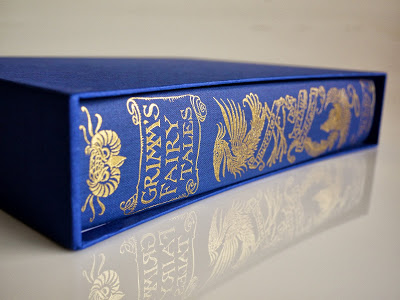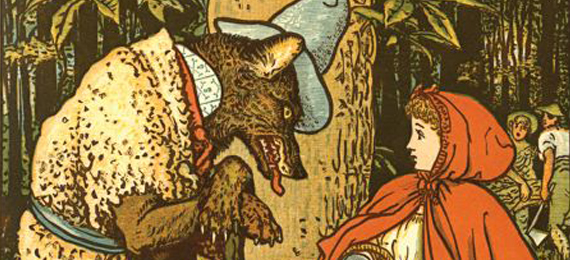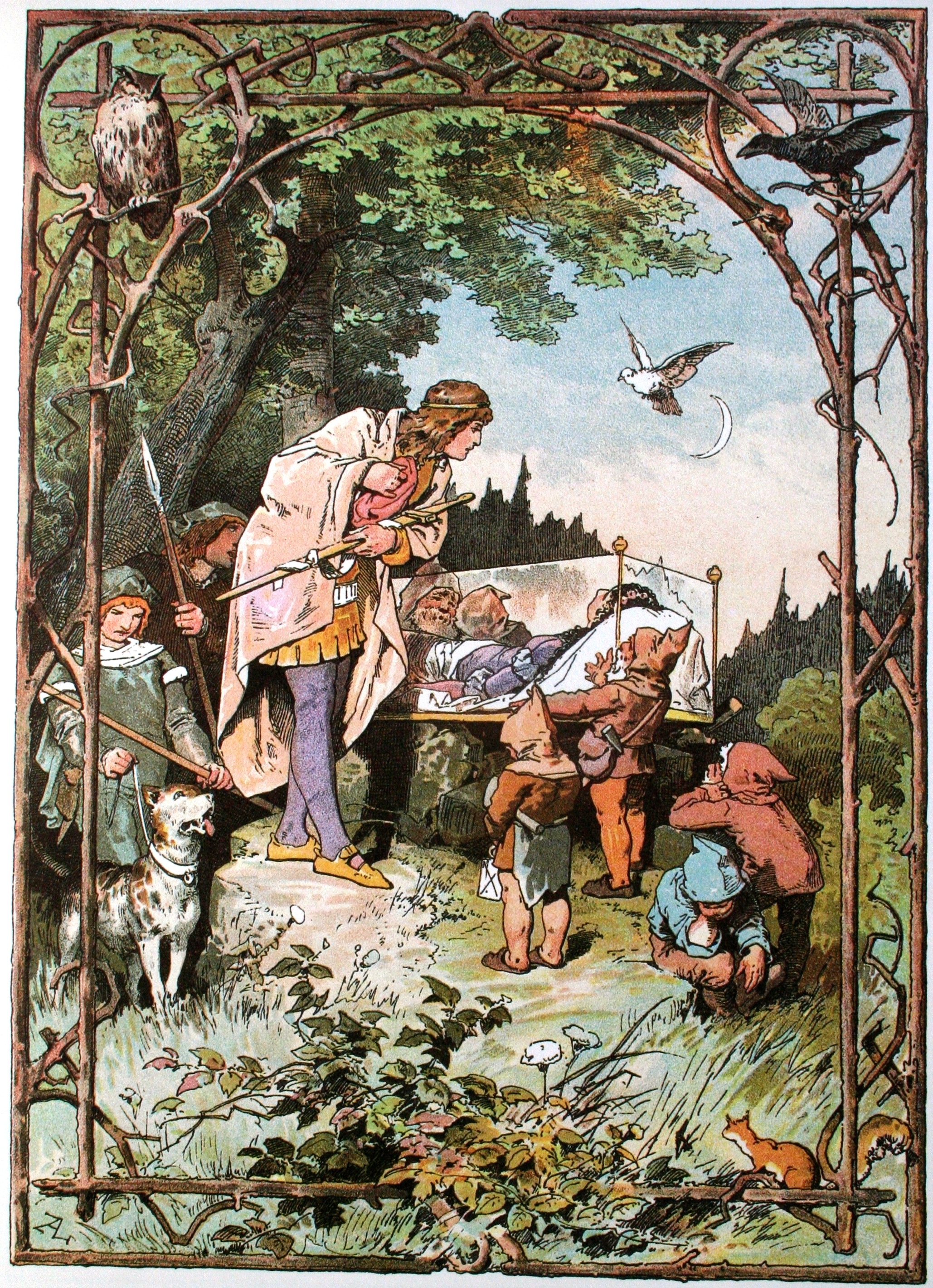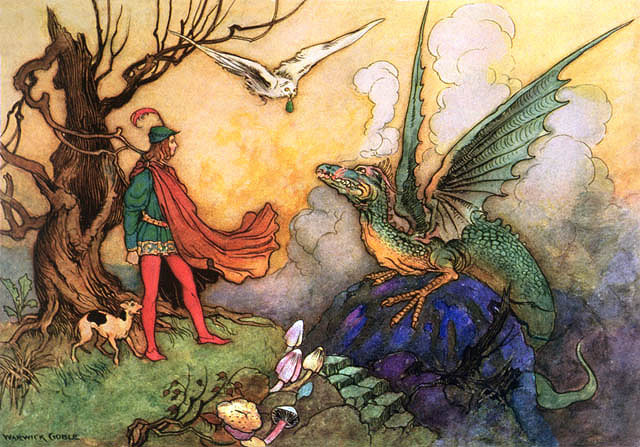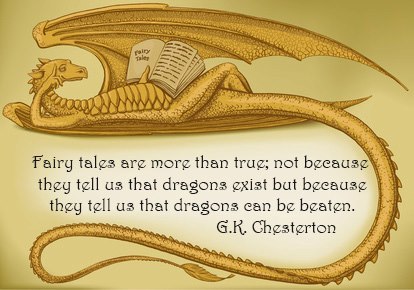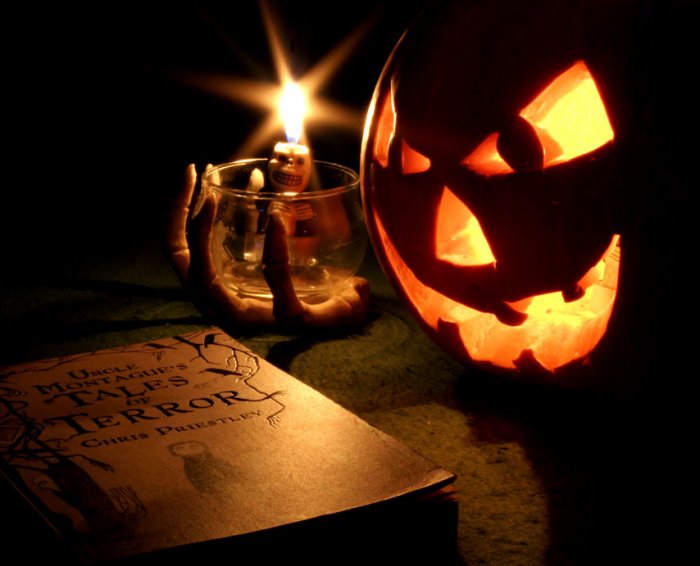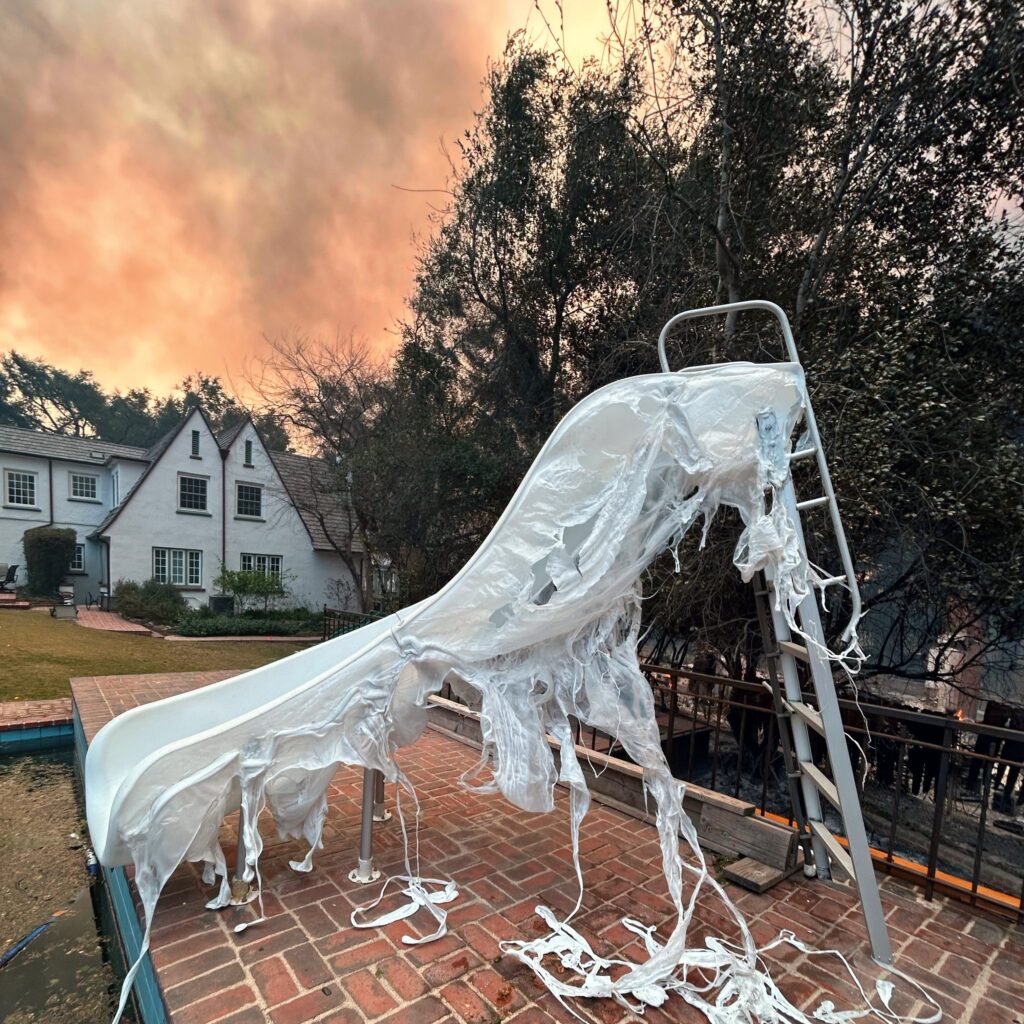Well, since at least 1812. That’s when the Grimm brothers set out to scare the dickens out of generations of children. But clearly these stories, and the concept that scary stuff is good for kids, existed well before they started gathering the stories up.
What we can say for sure is that there has been quite a distinct cultural shift since their time. Many parents these days wouldn’t think of exposing their children to the violence and gore and terror of those old fairy tales. It’s easy to see in a side by side comparison of the Grimm version of a fairy tale and its modernized (Disney-ized) counterpart.
But before we decide that all those generations of parents before us were just plain wrong, let’s take a look at why they might have thought such content was a good idea for their kids.
1. Scary stories served to warn children of the very real dangers they faced in their every day lives. If junior went alone into the forest, that might well be the end of him. It was really important that he understand that he must not ever go into the forest. Well, make sure he thinks that forest is full of cross-dressing wolves and child-eating witches with edible houses and he’s going to think twice about wandering off.
2. Scary stories told children the capital T truth about the world. Those parents knew that the Truth is that there is good and there is evil. The Evil Stepmother gets danced to death by her red-hot iron shoes. That’s the sort of image that sticks with you. It’s memorable, and it’s True. Maybe evil people don’t usually come to such poetic evil ends, but the truth is that evil people come to evil ends. They may seem to be successful on the outside, but true happiness doesn’t come from evil pursuits. Snow White, on the other hand, fights injustice with kindness, meets danger with courage, meets hardship with hard work, and lives happily ever after (with a guy who fell in love with her when she was dead, which is pretty creepy, but I’m going to give him the benefit of the doubt).
3. Scary stories empowered children by desensitizing them to the fear of danger. Through scary stories children could, in a perfectly safe environment, consider how they would react to a dangerous situation. They could learn what worked or didn’t work for one particular hero. They could make their own plans for how best to defeat a dragon. Then, if they met up with danger in real life, even if it wasn’t a dragon per se, they were more likely to succeed in defeating it.
But do these lessons still make sense for kids today?
1. At first glance, it might seem that this one isn’t as applicable to modern children. I don’t know a single child who has been eaten by a wolf. But do our children not face any dangers? What if there were a bunch of stories for kids about little boys who went on the internet late at night and monsters sucked out their eyeball juices with a straw. Sure, that sounds awful, but it’s not nearly as bad as what’s actually happening to actual little boys who are actually going on the internet late at night.
2. Whether or not my daughters end up marrying a prince (there are a few left after all, it is a possibility) it is True that they will live happier lives if they learn to be gentle and kind and self-sacrificing. It’s even less likely that my sons will slay any dragons, but it is True that they will feel fulfilled by the pursuit of good and the fight against evil, even if the good and evil is at an office or a factory rather than a castle on a hill.
3. We think of desensitization as a bad thing. It is a great tragedy that our society works so hard to desensitize us to sex. We can’t drive down the street or stand in the grocery store check out line without being confronted by sexually-charged images of scantily-clad women. I suppose even men have gotten used to it. How sad. We WANT to be really, really sensitive to sex. But danger? We don’t need to be sensitive to that. Our kids don’t need to be sensitive to that. It’s better if we’re not. If kids have experienced and processed dangerous situations through the characters of a story, they’ll be more likely to be able to act if they’re ever in a dangerous situation in real life.
And age-appropriate scary stories are the best way I know to expose kids to those important lessons, inspiring behaviors, and empowering considerations. So in our house, we don’t shield our kids from Grimm’s fairy tales, or spooky cartoons, or even violent and gory movies (well, violent and gory movies based on the works of J.R.R. Tolkein, anyway). As long as the morals are in the right place, the scariness isn’t a problem for us.
We just tell them how awesome it is and that they’re not scared, and they believe us.
Little kids don’t even know what being scared is right? Not unless we tell them. Especially since most of our children have probably never been in a situation in which their lives have been in danger. (And even then — we’re Christians, right? Death doesn’t scare us!) They’ve been hungry, yes, cold, sure. They would be those things whether they had a word for it or not. But I think “scared” is a lot more like “offended” or “bored.” My kids can only be those things if I tell them about them and then allow those concepts to exist in my home.
If I run to baby’s crib and scoop him up saying, “Don’t be scared, don’t be scared, Mommy’s here.” Then baby learns that what was upsetting him is that he was scared. But if I DON’T say that, if I just scoop him up and love him and meet his needs, without putting that concept in his head, then he doesn’t learn to be scared of the dark or being alone.
As usual on this blog, I just write about my own experience with my own kids and my own parenting style. My own kids seem to be able to handle scary stories and age-appropriate scary movies. They don’t mind the dark. They don’t complain about being alone. They don’t have nightmares. I’ve never had one claim to be scared in the middle of the night. I would love to be able to attribute this to my terrific parenting, but doing that almost always comes back to bite me. So I’ll try not to. Maybe that’s just how God made them.
But if you’re willing to give it a shot, maybe you’ll find that letting your kids be exposed to scary stuff and telling them that they’re not scared of it, might just work.
Happy October! It seems like a good time to start wandering down this road. I needed to write this post first, so that I could eventually tell you about all the scary books and movies my kids like, how they prefer their saints costumes to be of the gory martyr variety, and how I have a great personal love of dystopias in general and zombie apocalypses specifically. So stay tuned . . .

